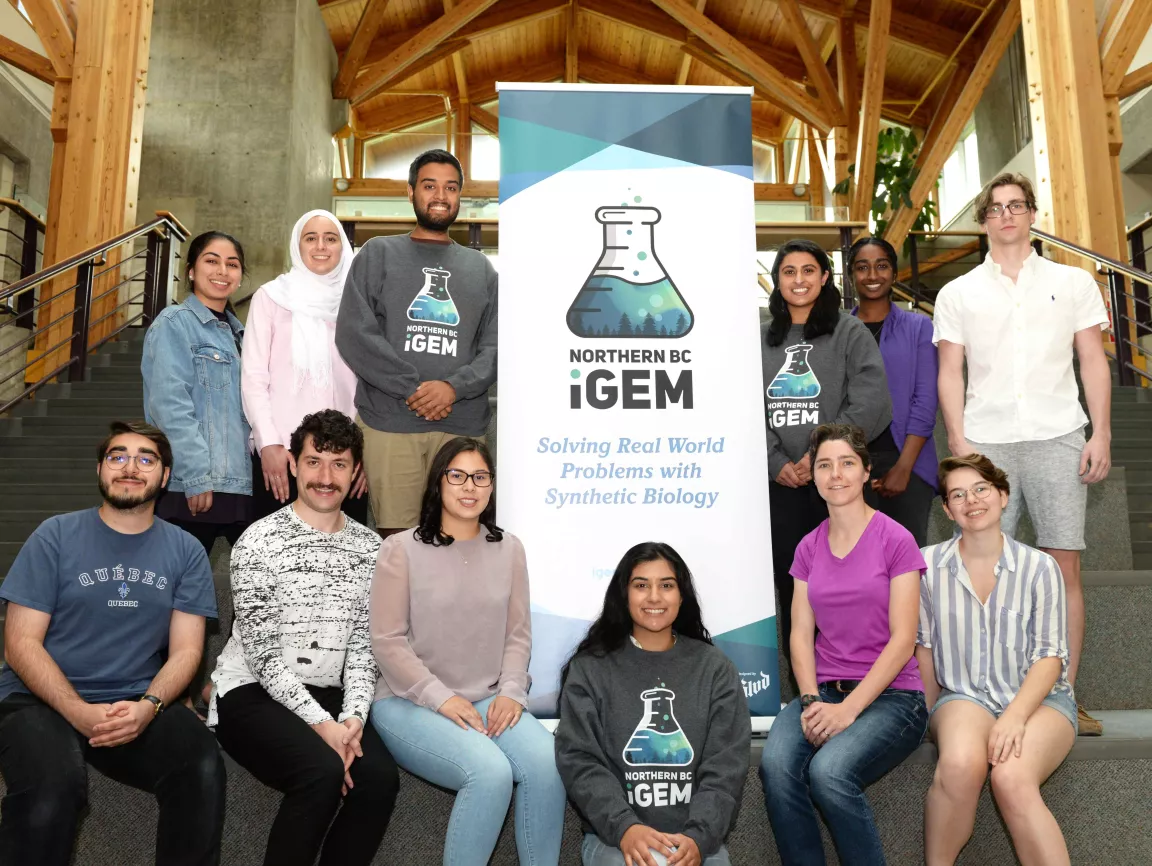Students seek reliable solutions for opioid drug tests

The growing number of deaths from opioid drug overdoses has become a national concern.
The University of Northern B.C.’s Northern BC iGEM team, comprised of undergraduate science and business students is tackling the crisis through a different lens.
Since January, they have been working on creating a more reliable test for recreational drugs to determine if they contain fentanyl or other opioids using synthetic biology.
They’re developing a sensor to alert anyone handling drugs to the presence of opioids.
“It’s all about harm reduction and we hope the test will reduce the number of accidental overdoses in non-recreational drugs,” explained Paige Malmgren, a fourth-year biochemistry and molecular biology student.
In May, the UNBC team received word they received a prestigious Promega iGEM (International Genetically Engineered Machine) grant.
The program received more than 150 applications and only 10 teams from around the world received USD $2,000 (CAD $2,600) in Promega molecular biology products to support their research.
Besides UNBC, the teams include: the University of Alberta, the University of Bonn, Cairo University, MSP Maastricht in the Netherlands, Sao-Carlos Brazil, New York University Abu Dhabi, Sorbonne University Paris, Victoria University of Wellington and National University of Singapore.
UNBC’s team is comprised of biochemistry, biomedical, business and economic students who have broken into three different groups – wet lab, human practices, and finance – that are working together to complete this project.
The human practices teams will talk about the community impact of their research, working with first responders, health care professionals and spread the word about iGEM in elementary and high schools.
The wet lab teams will work in the lab.
UNBC has until Oct. 21 to submit their research and will present their results in Boston at the international iGEM competition in early November.
It’s just another example of how researchers at UNBC are continually attempting to find local solutions to problems that have a global impact.